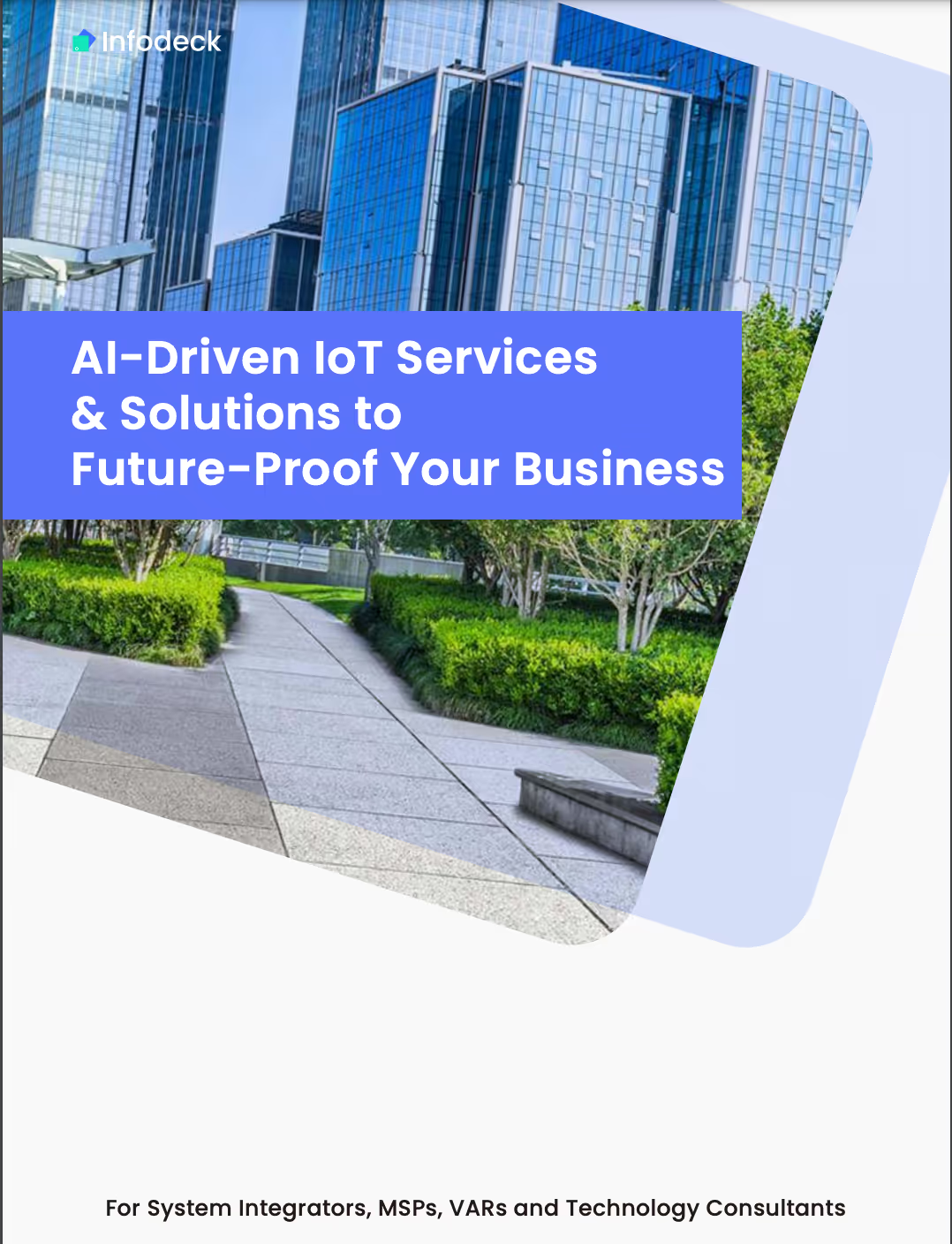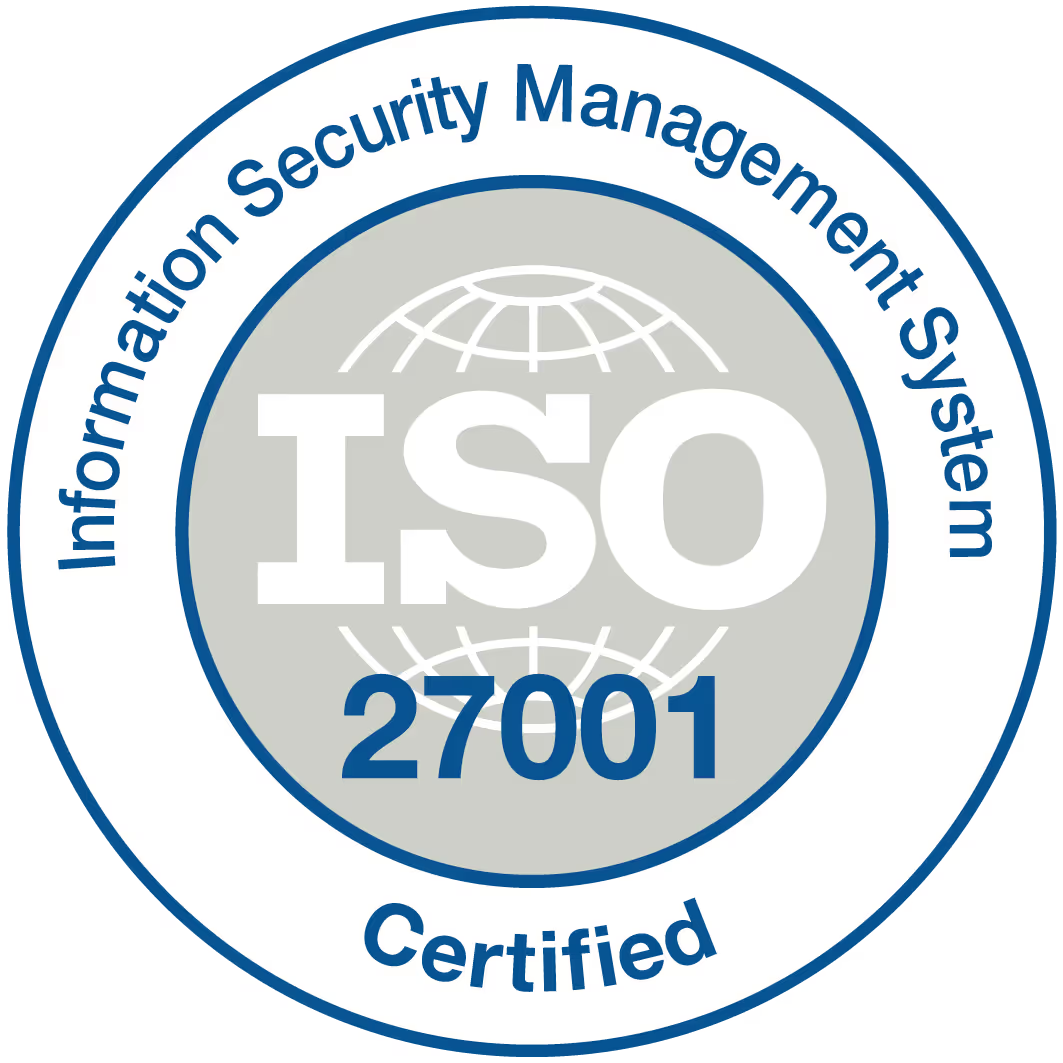iBMS - "i" for intelligent and IoT
Why is it time now to adopt an iBMS
The Internet of Things (IoT) is revolutionising the way businesses operate. By connecting devices and sensors to the internet, businesses can collect vast amounts of data that can be used to improve efficiency and make better decisions. An IoT-based Building Management System (iBMS) is a natural extension of this technology, and it offers a number of benefits over traditional systems.
An iBMS can provide real-time visibility into the performance of a building, allowing for quick identification and resolution of problems. IoT-enabled sensors can also detect potential issues before they become serious, reducing the need for costly repairs. In addition, an iBMS can automate many of the tasks associated with building management, such as HVAC control, lighting, and security. This can lead to significant cost savings while improving occupant comfort and safety.
As IoT technology continues to evolve, now is the time to adopt an iBMS. Building owners who don't embrace this technology will quickly fall behind their competitors.
What is an iBMS and how does it work
An intelligent building management system, or iBMS, is a cutting-edge technology that allows for the intelligent and efficient management of buildings. Powered by the Internet of Things (IoT), an iBMS can be used to collect data from various sensors and devices in a building and use that data to improve the efficiency of building operations. For example, an iBMS can be used to monitor the energy consumption of a building and make adjustments to reduce consumption.Additionally, an iBMS can be used to monitor and control the temperature, humidity, and lighting in a building, as well as provide security and surveillance. In short, an iBMS provides a wealth of benefits that can help to improve the efficiency and operations of any building.
The benefits of using an iBMS for facilities management
An Integrated Building Management System, or iBMS, is a computerised system that helps facilities managers to oversee and control the various systems within a building. By integrating all of the data from these systems into one central platform, the iBMS provides a comprehensive overview of the building's operations. This information can then be used to make informed decisions about energy use, maintenance schedules, and other aspects of facility management.
In addition to increasing efficiency, an iBMS can also help to improve occupant comfort and safety. By constantly monitoring conditions within the building, the iBMS can quickly identify and respond to changes that could create discomfort or pose a safety risk. As a result, the iBMS is an essential tool for any facility manager who is looking to improve the performance of their building.
How to choose the right iBMS for your business
When it comes to managing a commercial or industrial building, there are a lot of factors to consider. From heating and cooling to security and lighting, there are many systems that need to be monitored and controlled in order to keep the building running smoothly. An iBMS (intelligent building management system) can help to make this task easier by consolidating all of the different systems into one easy-to-use platform. But with so many different iBMS products on the market, how do you know which one is right for your business? Here are a few factors to consider when making your decision:
- What type of building are you managing?
Commercial buildings typically have different needs than industrial buildings, so it's important to choose an iBMS that is designed for your specific type of sector, and key features for operational business logics.
- What features do you need?
Every iBMS offers different features and capabilities. Make sure to choose one that has the features you need in order to manage your building effectively. Also, prepare for future innovation flexibility.
- What is your budget?
Like anything else, there is a wide range of prices when it comes to iBMS products. Be sure to set a budget beforehand and stick to it when making your selection. By taking the time to consider these factors, you will be able to choose the right iBMS for your business. With the help of an intelligent building management system, you can make managing your property easier than ever before. As the demand for smarter buildings increases, so does the need for an effective and efficient building management system (BMS).
Among the Infodeck solution, the "Infodeck Platform" is easy to use, scalable and fast to adopt, making it an excellent choice for businesses of all sizes looking for iBMS. The "Infodeck Platform" platform enables businesses to collect and analyse data from connected devices to gain insights into their operations.
Case studies of businesses that have successfully implemented an iBMS
As businesses strive to become more efficient and reduce their environmental impact and ESG goals, many are turning to Intelligent Building Management Systems (iBMS). iBMS are designed to optimise the performance of a building by integrating and managing its various systems, including heating, ventilation, air conditioning ,lighting, security, and fire safety. While the upfront cost of implementing an iBMS can be significant, many businesses have found that the long-term benefits more than justify the investment.
In fact, a number of case studies have shown that businesses who have successfully implemented an iBMS have seen reduced energy costs, improved occupant comfort, and enhanced administration. In addition, businesses that have adopted an iBMS often find that they are better able to adapt to changing needs and conditions. As the demand for more sustainable buildings continues to grow, it is clear that iBMS will play an increasingly important role in the future of the built environment.
The future of iBMS and its potential applications
The future of Intelligent Buildings and management systems (iBMS) is looking bright. This technology has the potential to revolutionise the way we manage our buildings and energy use. iBMS systems can be used to monitor and optimise energy use, improving efficiency and reducing costs. They can also be used to improve comfort levels and indoor air quality, creating a healthier environment for occupants. In addition, iBMS systems can be used to improve security and emergency response times. The potential applications of this technology are vast, and the future of iBMS looks very promising.
Author's Note:
Buildings consume more than 40% of the world’s energy, and this number is only going to increase in the coming years.
The good news is that there are ways to reduce this number, and one of them is through the adoption of an intelligent building management system. An intelligent building management system can help you save money on your energy bill, make your building more comfortable for occupants, and improve your sustainability performance. If you’re ready to make the switch to an intelligent building management system, we can help.
Contact us today to learn more about our products and services.

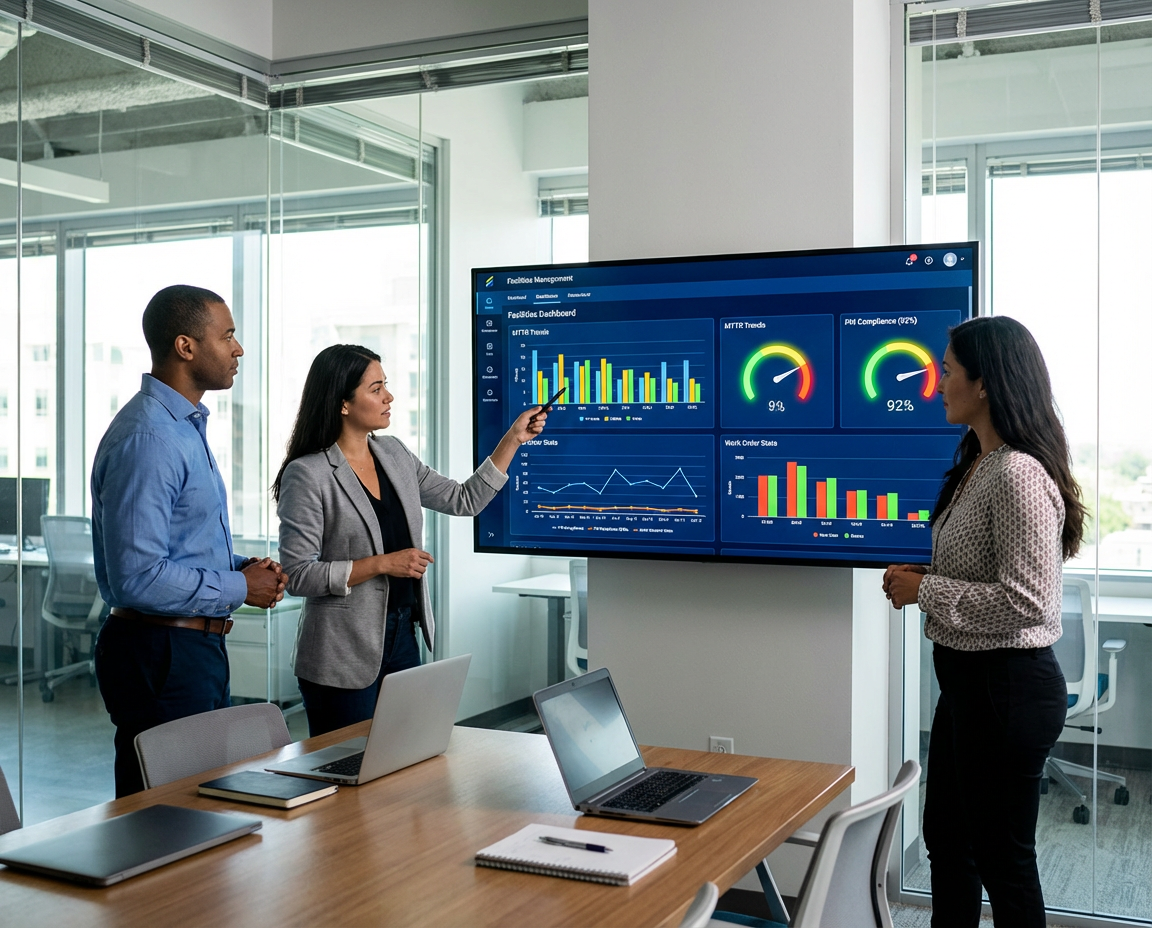
.png)




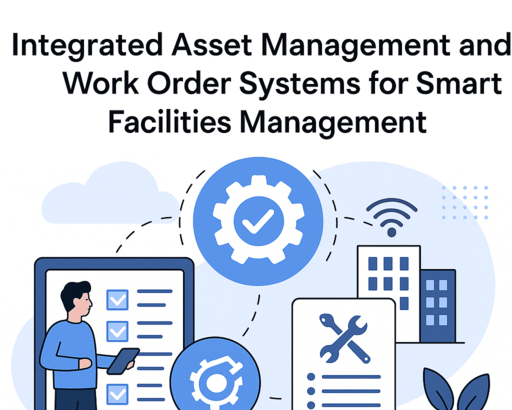
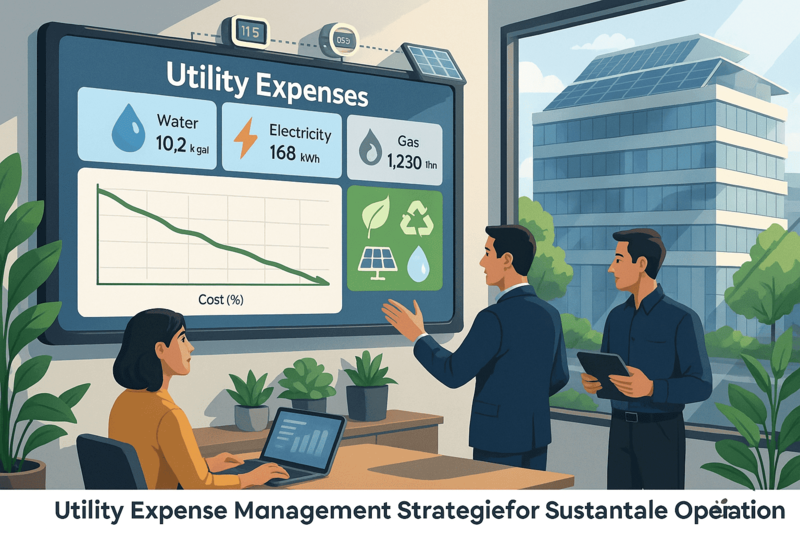


.png)




.png)
















.jpeg)









